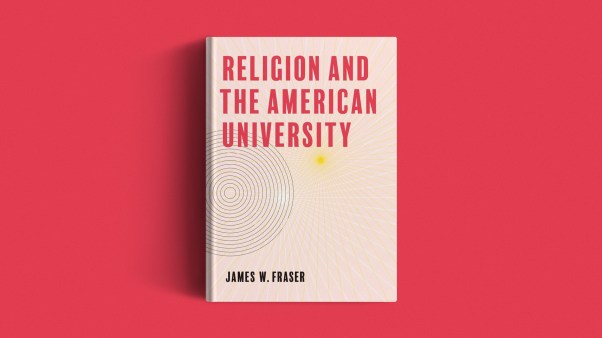Nearly 150 Christian leaders, most of them well-known evangelicals, have attached their names to what they hope will become a landmark statement on the environment.
At least 17 seminary and college presidents have signed the 1,600-word “An Evangelical Declaration on the Care of Creation,” including Joseph Aldrich (Multnomah), George Brushaber (Bethel), Richard Mouw (Fuller), Robert Cooley (Gordon-Conwell), Samuel Logan (Westminster), and Sherill Babb (Philadelphia College of Bible).
Scholars Nathan Hatch, J. I. Packer, and Thomas Oden signed the document, as did Arthur Gay, executive director of World Relief; Larry Dixon, president of MAP International; and Robert Seiple, president of World Vision. Others to sign included top officials at the Christian College Coalition, Youth for Christ, Young Life, Zondervan, Tyndale House, CHRISTIANITY TODAY, InterVarsity Christian Fellowship, the National Coalition Against Pornography, SIM International, and Latin America Mission.
The seeds for the declaration were planted about four years ago when leading scientists, including Carl Sagan, issued a call to the religious community for assistance in addressing the environmental debate. From this, the National Religious Partnership on the Environment was born.
This four-member partnership consists of the U.S. Catholic Conference, the National Council of Churches, the Consultation on the Environment and Jewish Life, and the Evangelical Environmental Network (EEN), under whose auspices the declaration was released.
ESA president Ron Sider says the four groups are working cooperatively. On Earth Day this year, for example, all will distribute primer kits. Yet each group is operating from its own, distinct theological framework. The EEN declaration is thoroughly Trinitarian and expresses a commitment to the “full authority of Scripture.”
Despite early signs of popularity, however, support for the declaration is not unanimous. Well in advance of when EEN intended to release the declaration publicly, World magazine obtained a draft and, late last year, published a lengthy critique.
Written by economist and author Cal Beisner, the World article, in essence, calls into question various scientific data on which the declaration’s calls to action are apparently based. Beisner challenges the severity of the “seven degradations” cited in the document, including land and water degradation, deforestation, species extinction, and global toxification, are responsible for a growing environmental crisis.
Beisner cites various statistics to support his claims that the earth is yielding more grain per capita than it did 40 years ago, that the problem of deforestation is overrated if it is a problem at all, that “no data support major worldwide damage done by [chemicals such as DDT],” and that “there is no good reason to believe that species extinctions are occurring much more rapidly today than they have for thousands of years of human history—that is, perhaps one per century.”
Sider says the EEN declaration was never intended as a scientific document, but adds, “The vast majority of scientists today think we have a serious environmental problem. The weight of proof is on those who try to suggest otherwise.” He stresses the importance of “grounding the evangelical environmental movement in careful science.”
By Randy Frame.










